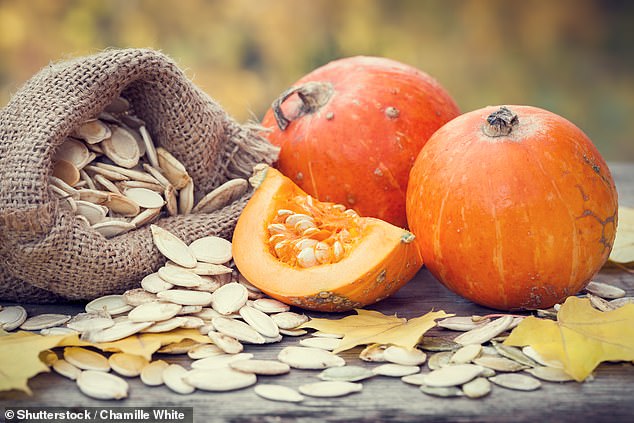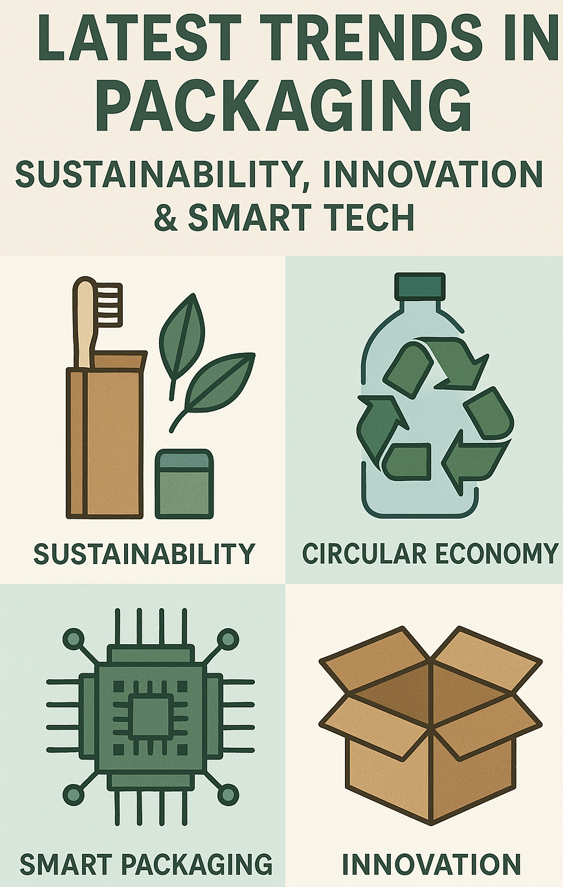
Commercial pumpkin waste can be recycled into a biodegradable form of packaging that could replace plastic in food wrapping, a new study has demonstrated.
Pumpkins are cultivated across the globe for consumption and use in festive decorations and activities — but peel and seeds are left as commercial waste.
Repurposing food waste into environmentally-friendly packaging could help to cut down on plastic use and the resultant pollution it causes.
Food engineer Laxmikant Badwaik of the Tezpur University in Assam, India, and colleagues collected matured pumpkin seeds and peels from a local market.
After washing and drying the material they had gathered, the researchers ground the peel and the seeds into a powder, a process which removes all oil.
The researchers then added water to the powder and blended the resulting mixtures before treating it with ultrasound to break down the polymers within.
The treated mix was cooled and plasticised using glycerol — more commonly known for its use as a sweetener — and a soy emulsifier to help the compounds mix.
Finally, the film-forming mixture was poured across Teflon plates and left for two days to dry at around 122°F (50°C), with calcium chloride added for strength.
Defatted pumpkin seeds meal and peels were successfully employed to develop the biodegradable films.
The team had analysed various properties of the film, including its colour, thickness, melting point, water vapour permeability and mechanical strength.
The team also explored varying the composition of the films using five different ratios of peels to seeds. They found that the strongest film was produced by using an equal ratio of defatted pumpkin seeds to peel.
According to Dr Badwaik and colleagues, the films would be ideal 'for application on food products like bread, cake and sweets, etc.'
Development of biodegradable packaging film is one of the better options for effective use of food industry co-product.
The process will be more cost-effective due to use of waste materials and easy film making method.







